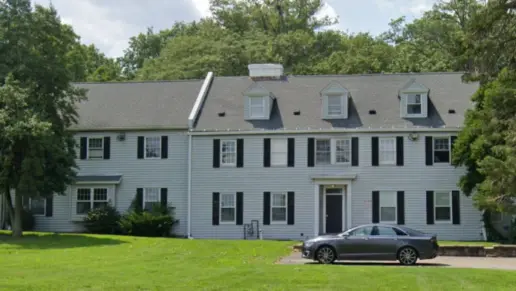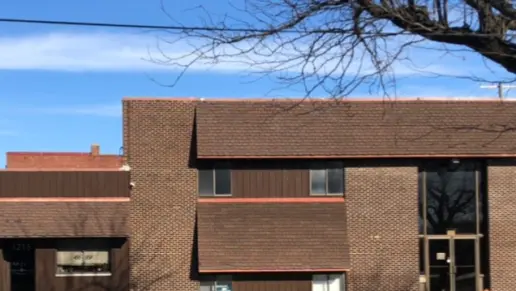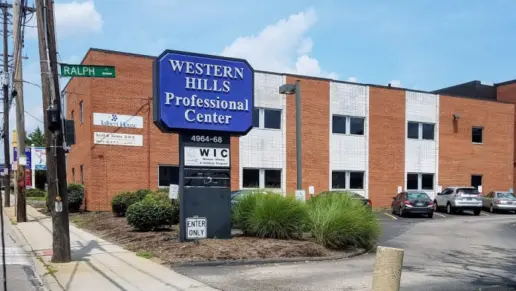About BrightView
Located in Akron, Ohio, BrightView has an array of outpatient programs for those who are battling substance use disorders and co-occurring mental health disorders. This facility provides an individualized treatment solution through a combination of medication-assisted treatment (MAT), counseling, and peer support.
Their MAT program includes hormone therapy medications approved for the treatment of substance use disorders like Suboxone, methadone, Sublocade and Vivitrol in combination with counseling to lessen withdrawal symptoms and cravings as well as lower the chance of relapse.
This can be especially helpful for those addicted to opioids such as heroin, fentanyl and prescription opioids since MAT has proven effective in treating this population. The program tackles both meth and alcohol addiction focusing on sustained recuperation and wrecking the adverse effects of meth on your mental or bodily well-being.
BrightView also provides personalized drug and alcohol addiction treatment programs, in addition to MAT. They consist of both individual and group therapy sessions conducted by credentialed professionals. During therapy, you’ll work on behavioral changes, coping skills and emotions. The center also has peer recovery support for people in recovery battling addiction.
They place a large emphasis on the concurrent mental disorders that accompany substance use disorder. Along with treating substance abuse, they also treat any mental health challenges that those struggling may be facing with their integrated care model you cannot address the addiction and ignore depression or anxiety, so here it is all about healing in mind and body.
One of the key features of BrightView’s programs is access to insurance. They take Medicaid, Medicare and most commercial insurance plans so cost should never be the reason we refrain from getting care. They do not turn away anyone regardless of their ability to pay, which is also testimony to their commitment to inclusion.
Latest Reviews
Rehab Score
Gallery
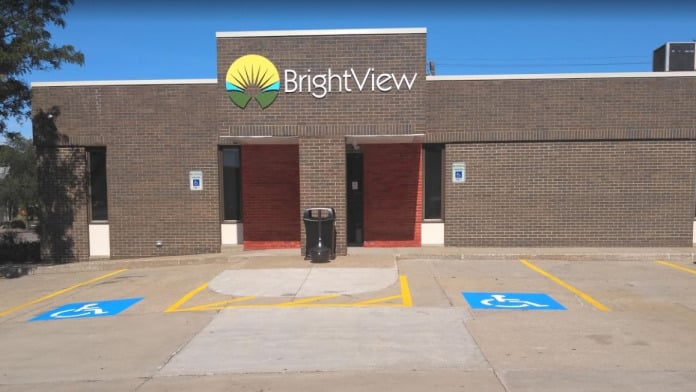
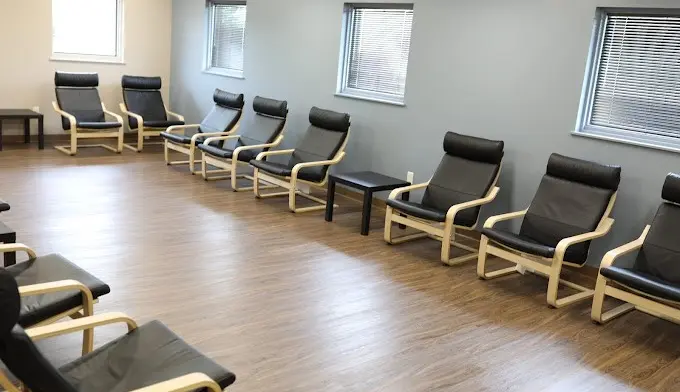
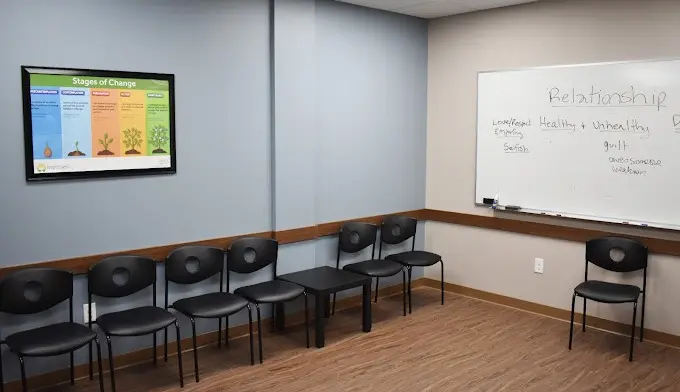
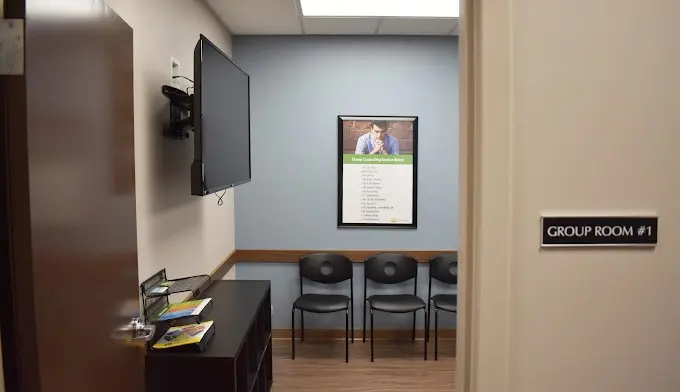
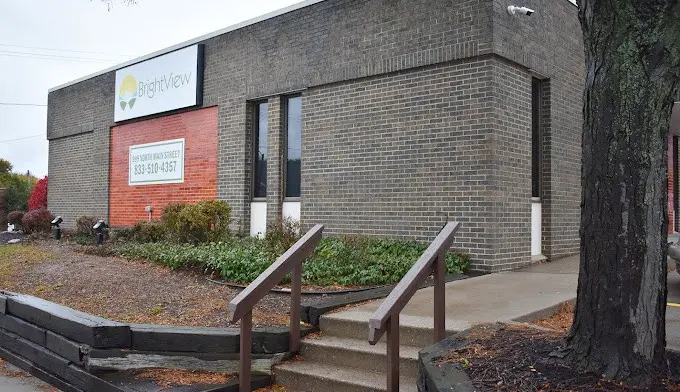
Location
Other Forms of Payment
Private insurance refers to any kind of healthcare coverage that isn't from the state or federal government. This includes individual and family plans offered by an employer or purchased from the Insurance Marketplace. Every plan will have different requirements and out of pocket costs so be sure to get the full details before you start treatment.
Self-pay involves paying for treatment out of your own pocket. You can use savings or credit, get a personal loan, or receive help from family and friends to fund your treatment. If you don't have insurance or your insurance plan doesn't cover a specific program, self-pay can help ensure you still get the care you need.
Financial aid can take many forms. Centers may have grants or scholarships available to clients who meet eligibility requirements. Programs that receive SAMHSA grants may have financial aid available for those who need treatment as well. Grants and scholarships can help you pai for treatment without having to repay.
Medicare is a federal program that provides health insurance for those 65 and older. It also serves people under 65 with chronic and disabling health challenges. To use Medicare for addiction treatment you need to find a program that accepts Medicare and is in network with your plan. Out of pocket costs and preauthorization requirements vary, so always check with your provider.
Medicaid is a state based program that helps lower-income individuals and families pay for healthcare. Medicaid covers addiction treatment so those enrolled can use their coverage to pay for rehab. When a program accepts Medicaid the client often pays very little or nothing out of their own pocket.
Military members, veterans, and eligible dependents have access to specific insurance programs that help them get the care they need. TRICARE and VA insurance can help you access low cost or no cost addiction and mental health treatment. Programs that accept military insurance often have targeted treatment focused on the unique challenges military members, veterans, and their families face.
Addiction Treatments
Levels of Care
Treatments
The goal of treatment for alcoholism is abstinence. Those with poor social support, poor motivation, or psychiatric disorders tend to relapse within a few years of treatment. For these people, success is measured by longer periods of abstinence, reduced use of alcohol, better health, and improved social functioning. Recovery and Maintenance are usually based on 12 step programs and AA meetings.
Drug rehab in Ohio provides comprehensive treatment to address the physical and psychological needs of those struggling with substance use disorders. This may involve inpatient and/or outpatient care.
Opioid rehabs specialize in supporting those recovering from opioid addiction. They treat those suffering from addiction to illegal opioids like heroin, as well as prescription drugs like oxycodone. These centers typically combine both physical as well as mental and emotional support to help stop addiction. Physical support often includes medical detox and subsequent medical support (including medication), and mental support includes in-depth therapy to address the underlying causes of addiction.
Substance rehabs focus on helping individuals recover from substance abuse, including alcohol and drug addiction (both illegal and prescription drugs). They often include the opportunity to engage in both individual as well as group therapy.
Programs


Clinical Services
Cognitive Behavioral Therapy (CBT) is a therapy modality that focuses on the relationship between one's thoughts, feelings, and behaviors. It is used to establish and allow for healthy responses to thoughts and feelings (instead of unhealthy responses, like using drugs or alcohol). CBT has been proven effective for recovering addicts of all kinds, and is used to strengthen a patient's own self-awareness and ability to self-regulate. CBT allows individuals to monitor their own emotional state, become more adept at communicating with others, and manage stress without needing to engage in substance abuse.
Research clearly demonstrates that recovery is far more successful and sustainable when loved ones like family members participate in rehab and substance abuse treatment. Genetic factors may be at play when it comes to drug and alcohol addiction, as well as mental health issues. Family dynamics often play a critical role in addiction triggers, and if properly educated, family members can be a strong source of support when it comes to rehabilitation.
Group counseling is offered six days a week in the morning, afternoon, and evening with the exception of Friday and Saturday evenings. Sessions are led by a licensed counselor and the focus of therapy is education on addiction as a disease, understanding one’s addiction, learning coping skills, identifying triggers, and avoiding relapse. This is a time to share one’s thoughts and feelings about the process of recovery and to ask questions and receive feedback from others who have similar experiences.
Counselors assist each patient on an individual basis with identifying the areas they would like to work on in a goal setting atmosphere. Patients may be experiencing significant grief, anxiety, anger, guilt, shame, or many different combinations of emotions. Counselors are trained in cognitive behavior therapy, psychodynamic therapy, holistic therapy, and most importantly a humanistic approach to assist patient’s with empathy and understanding.
Amenities
-
Residential Setting
-
Private Setting
Staff & Accreditations
Staff
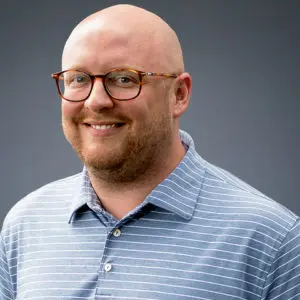
CEO
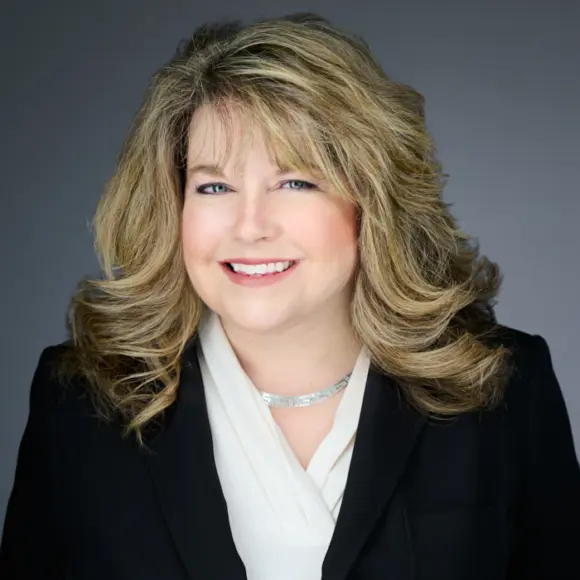
Chief Compliance Officer
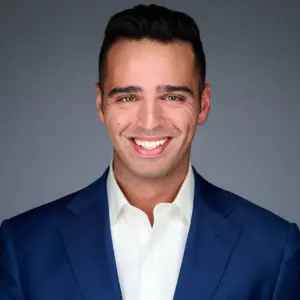
VP of Transformation
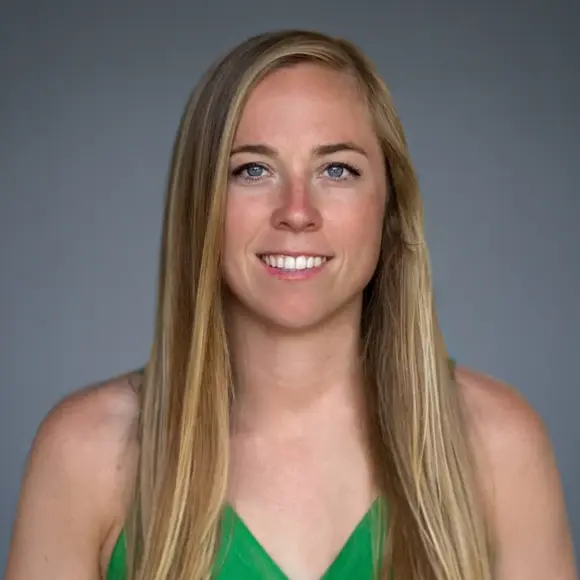
Chief of Staff
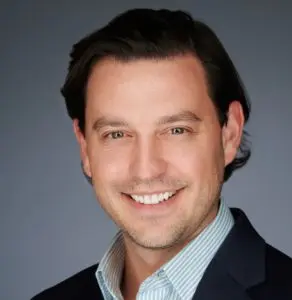
CFO
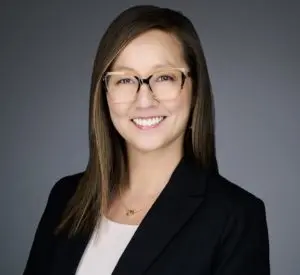
Chief People Officer
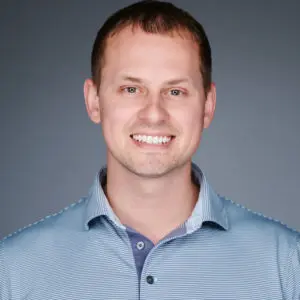
COO
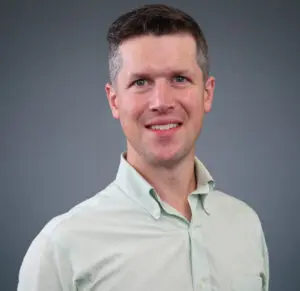
Chief Legal Officer
Accreditations

LegitScript has reviewed BrightView as part of their certification program, and has determined that it meets the LegitScript standards for legality, safety and transparency.
LegitScript verified in

The Joint Commission, formerly known as JCAHO, is a nonprofit organization that accredits rehab organizations and programs. Founded in 1951, the Joint Commision's mission is to improve the quality of patient care and demonstrating the quality of patient care.
Joint Commission Accreditation: Yes
Contact Information
999 N Main St
Akron, OH 44310
